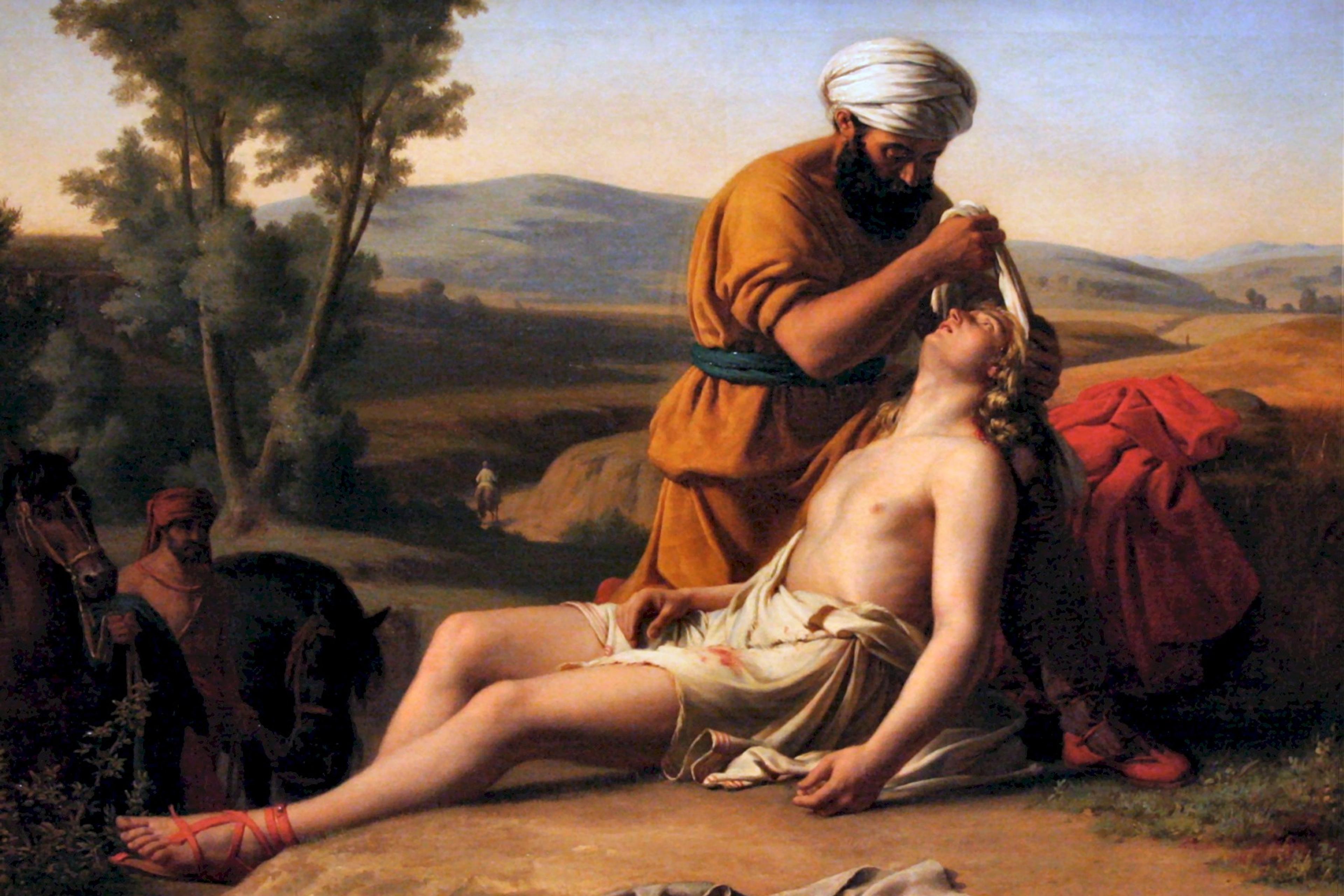
Ethics
Articles, Films and practical Guides on ethics, part of Psyche’s coverage of values and ethical living.

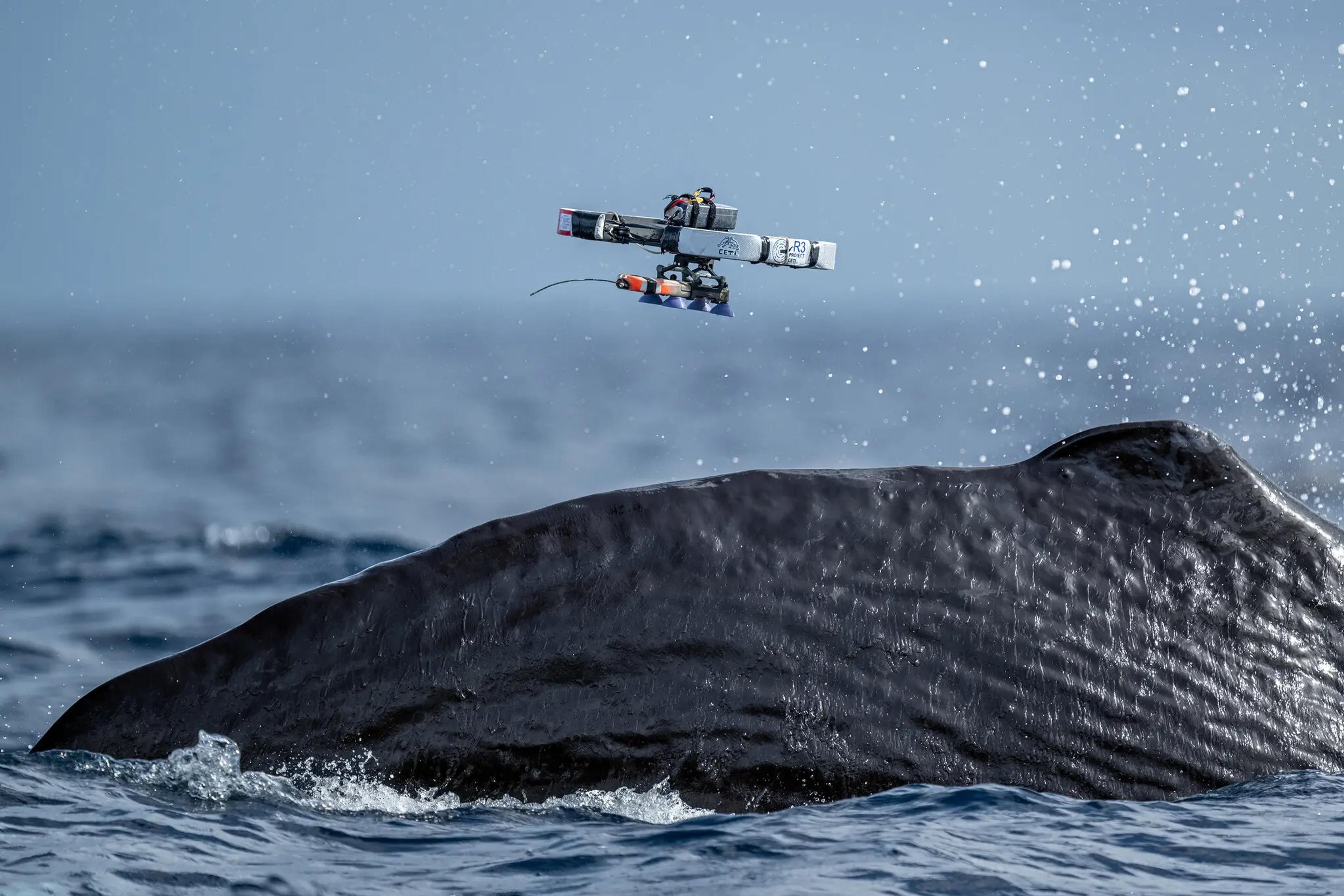
Even if we could speak to animals, should we?
AI could satisfy our deeply held desire to talk to other creatures. But the potential for harm might outweigh the benefits
by Virginie Simoneau-Gilbert & Leonie Bossert
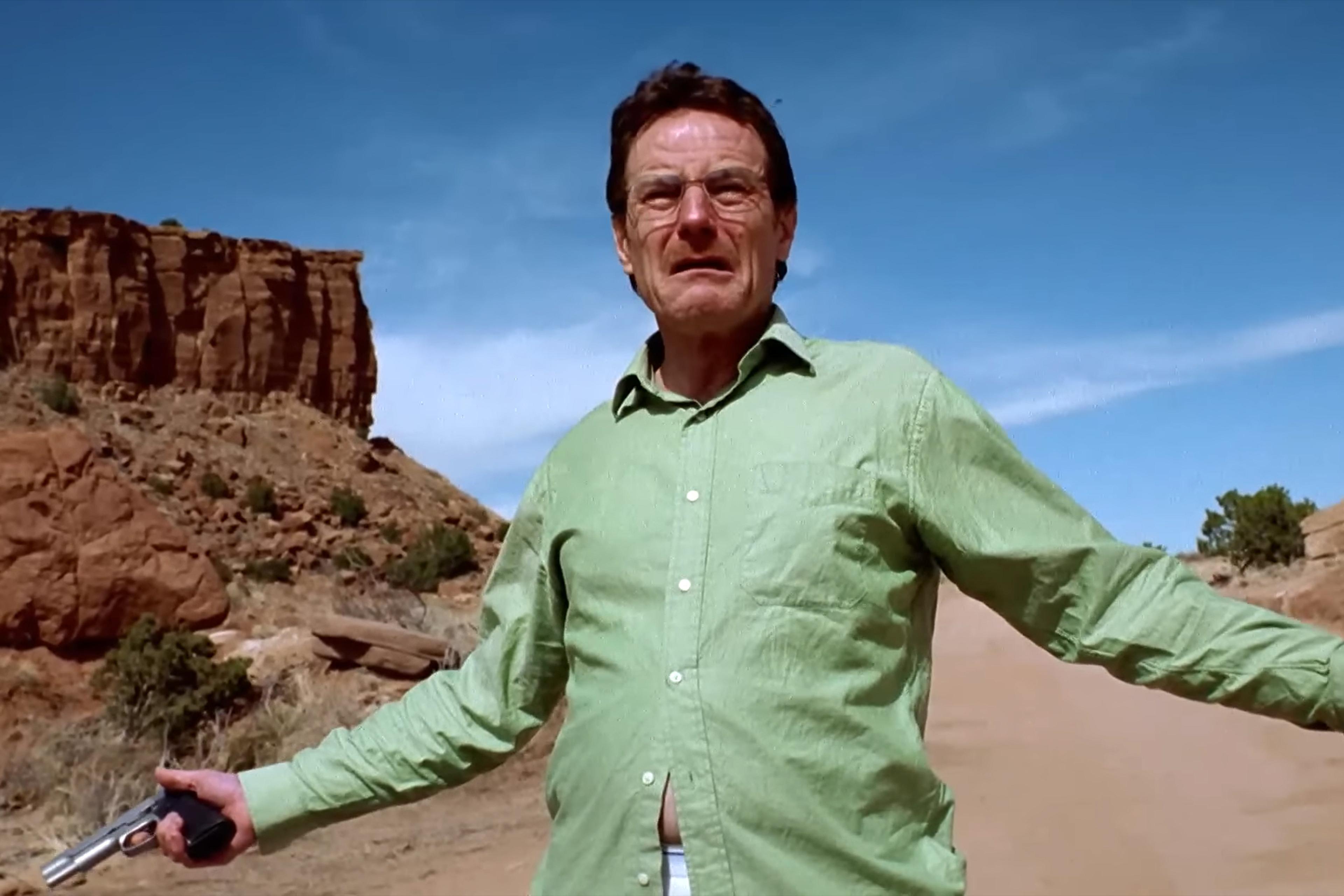
Why are we so drawn to characters that take us to moral extremes?
Video by Psyche

Is it wrong to be good friends with a bad person?
Many think the answer is obvious: we ought to cut immoral people out of our lives. But that isn’t necessarily the best option
by Yiran Hua

Why do we hesitate to talk about our own good deeds?
Disclosing acts of kindness could encourage even more altruism – if we can find a way around the awkwardness
by Jerry Richardson
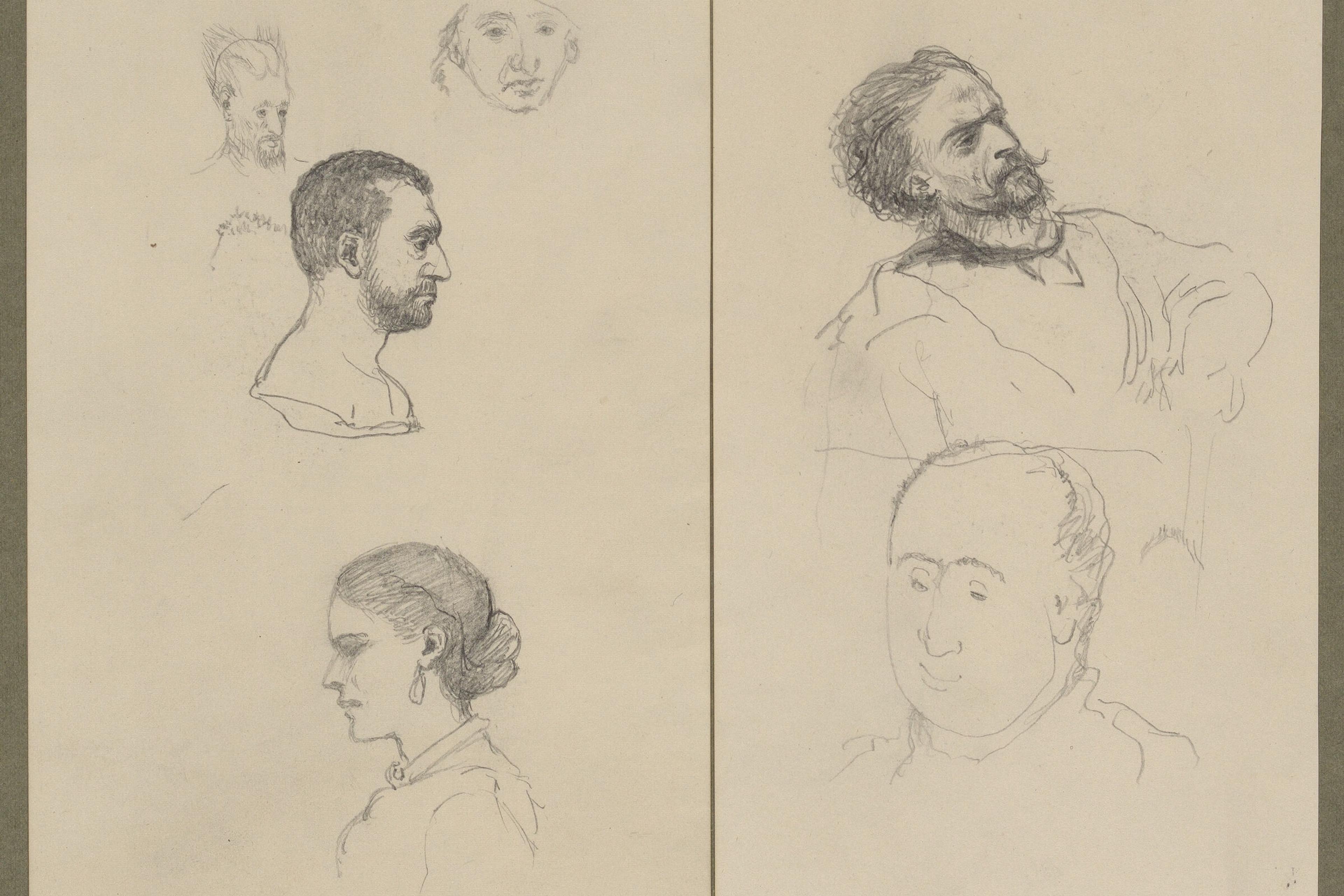
As if
Why we should embrace beliefs or stories that may not be, strictly speaking, true but are to some extent useful or good
by Sam Dresser

Girl in the water
I’d saved someone from drowning. Had I done the right thing?
by James McConnachie
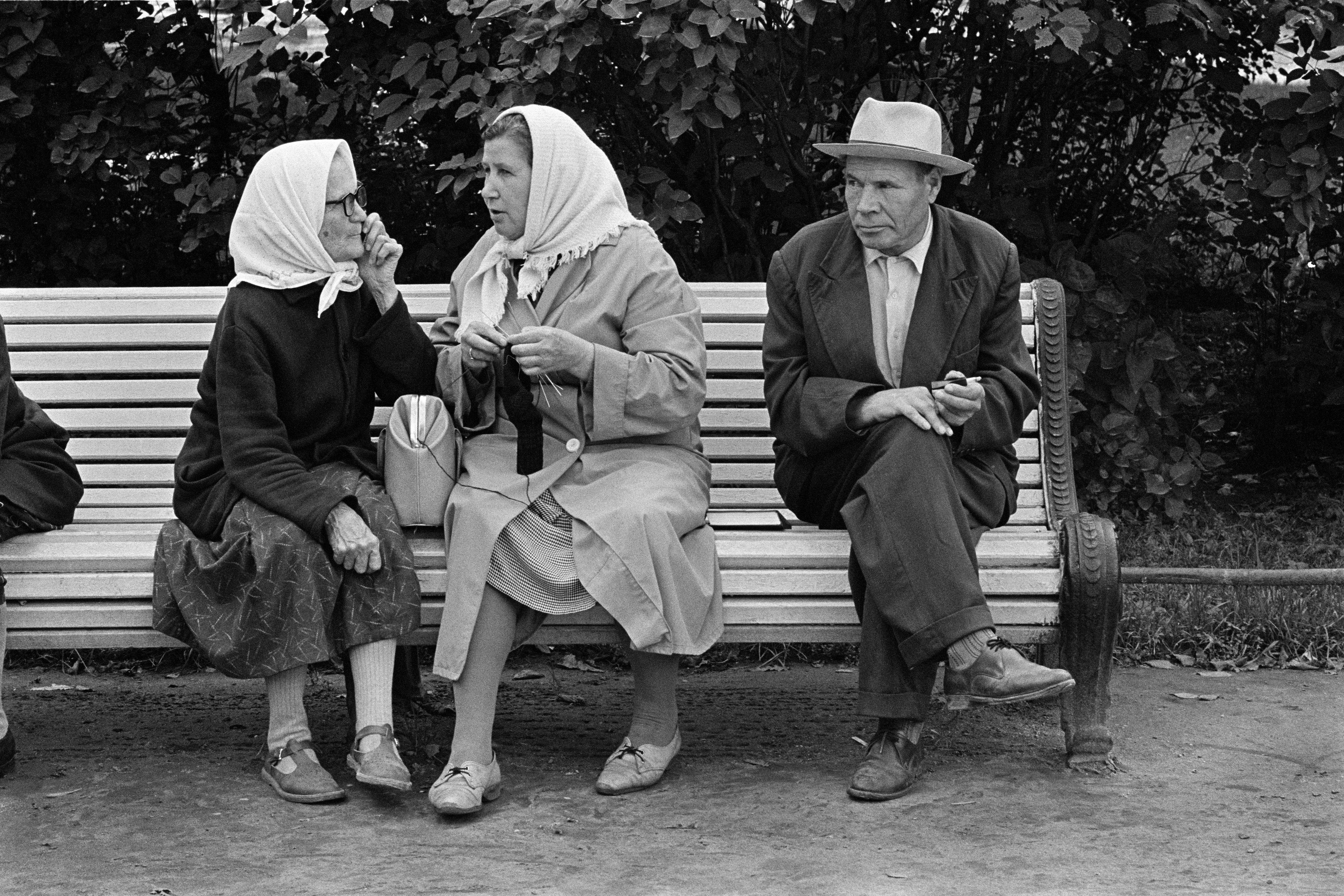
There are three lenses through which to weigh any decision
Whether an act seems ‘good’ depends on how you look at it. Brain research reveals what happens when the lens changes
by Clara Pretus & Jay Van Bavel
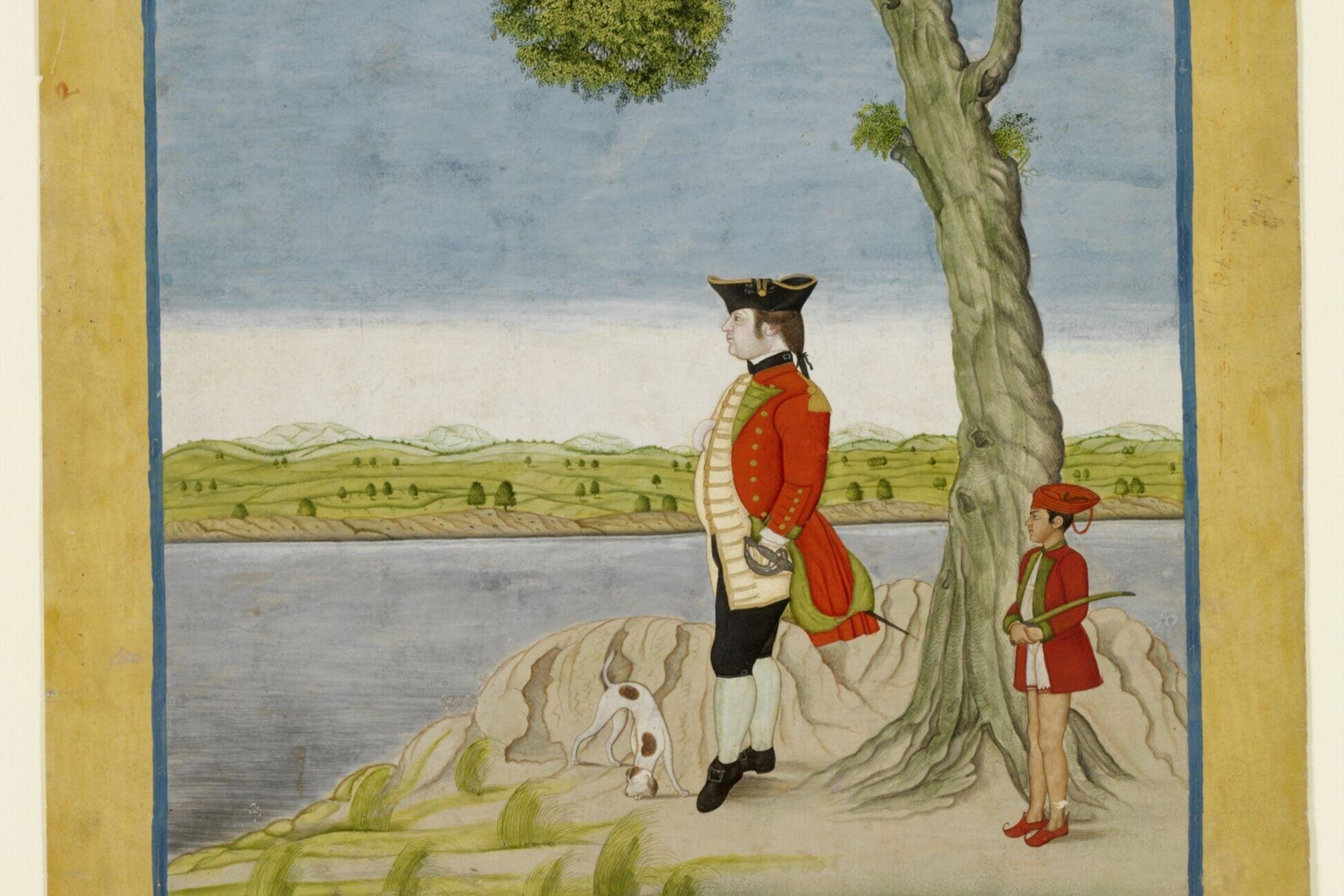
True solidarity requires Burke’s ‘sympathetic revenge’
Social media utterances aren’t enough. Burke’s stand against colonial injustice shows we must confront our own complicity
by Jack Jacobs
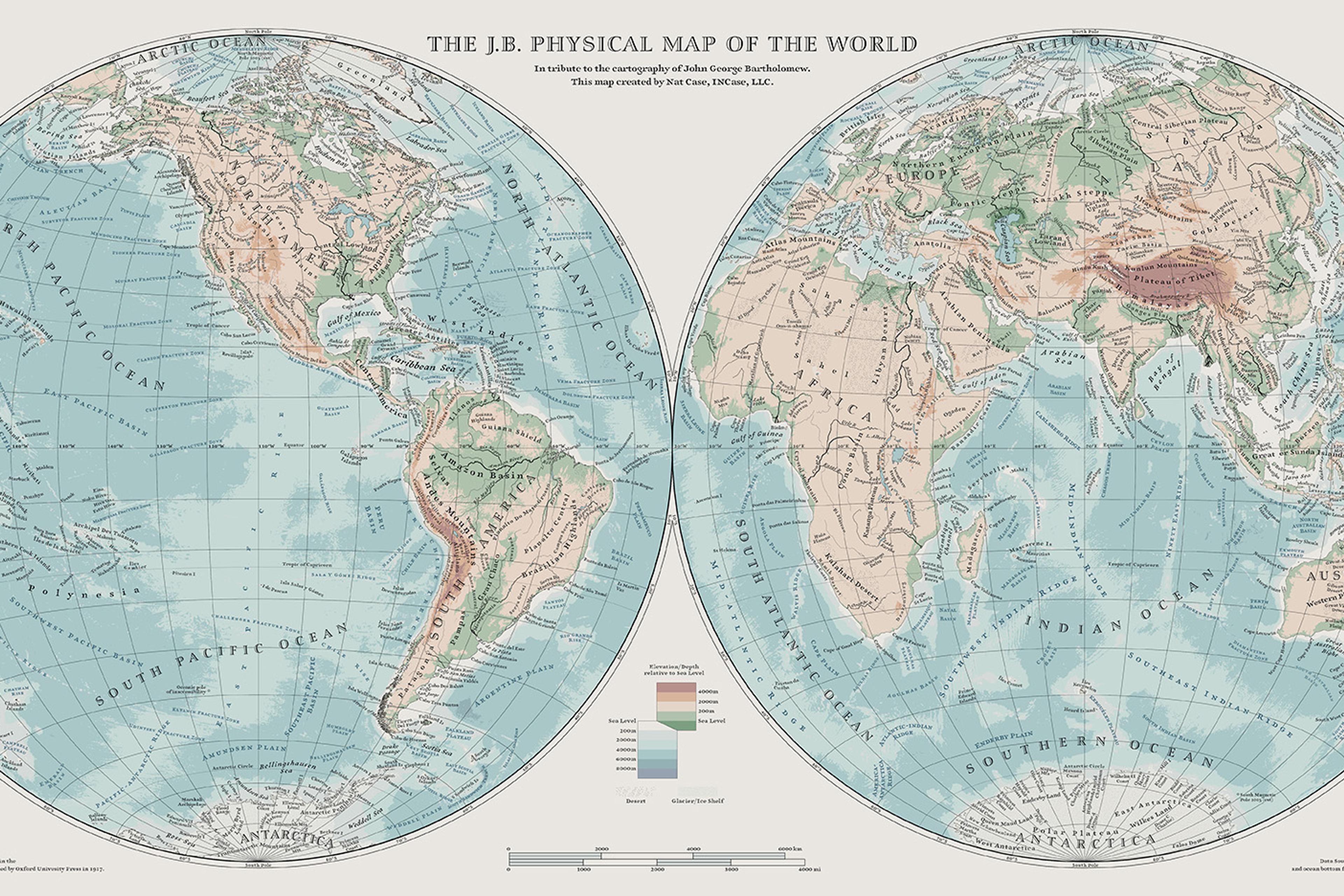
What makes a map ‘good’? On the ethics of cartography
Rendering the world in a responsible way means wrestling with what gets depicted on a map, how, and for whom
by Nat Case
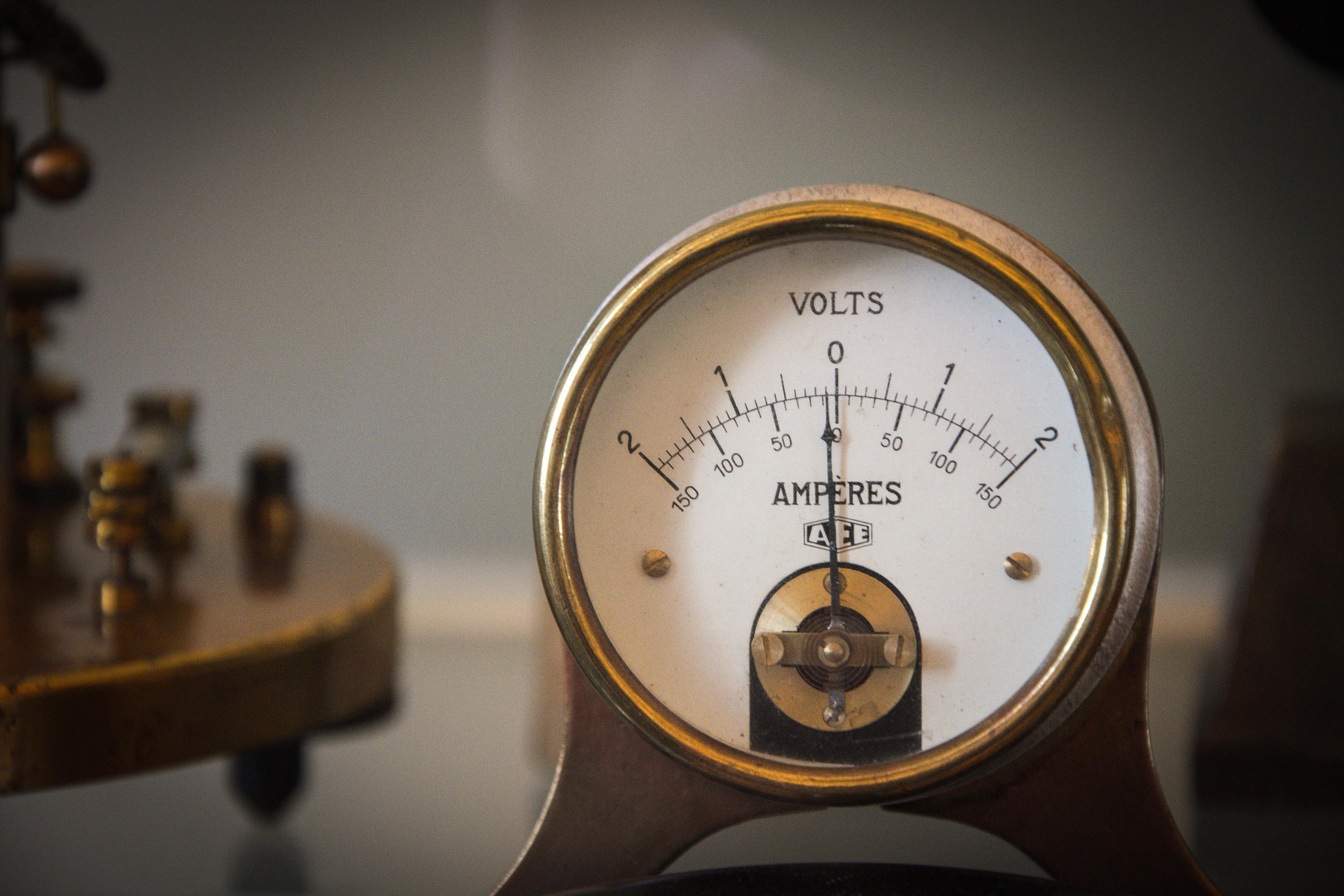
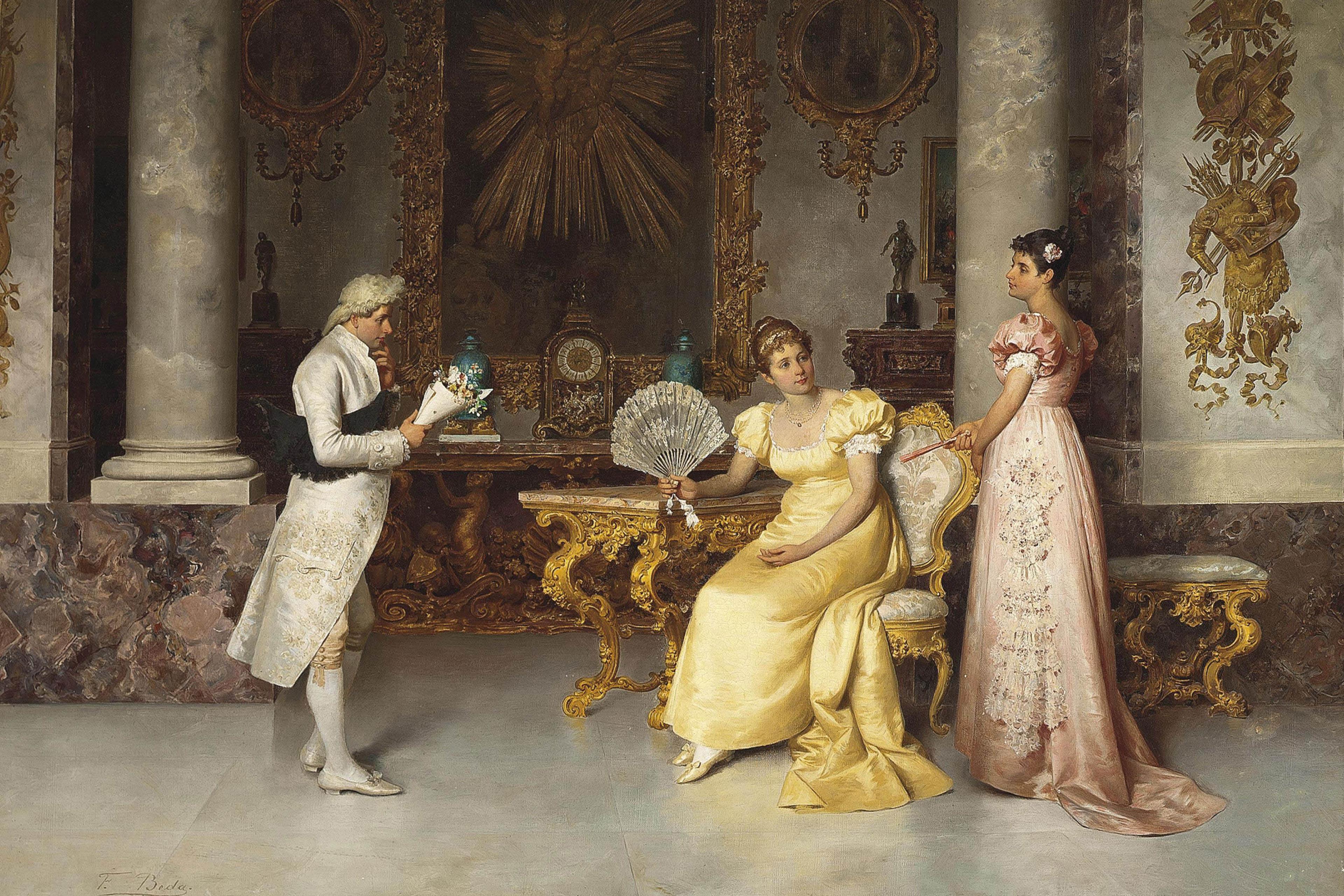
The curious paradox in how we address each other today
While honouring people’s preferred pronouns, we’ve begun to neglect forms of formal address. Perhaps we need a rethink
by David Benatar

How to manage your finances to do good in the world
Whether you have a little or a lot, your money is always at work. Follow these steps to ensure it’s making a positive impact
by Sarah Bengtsson
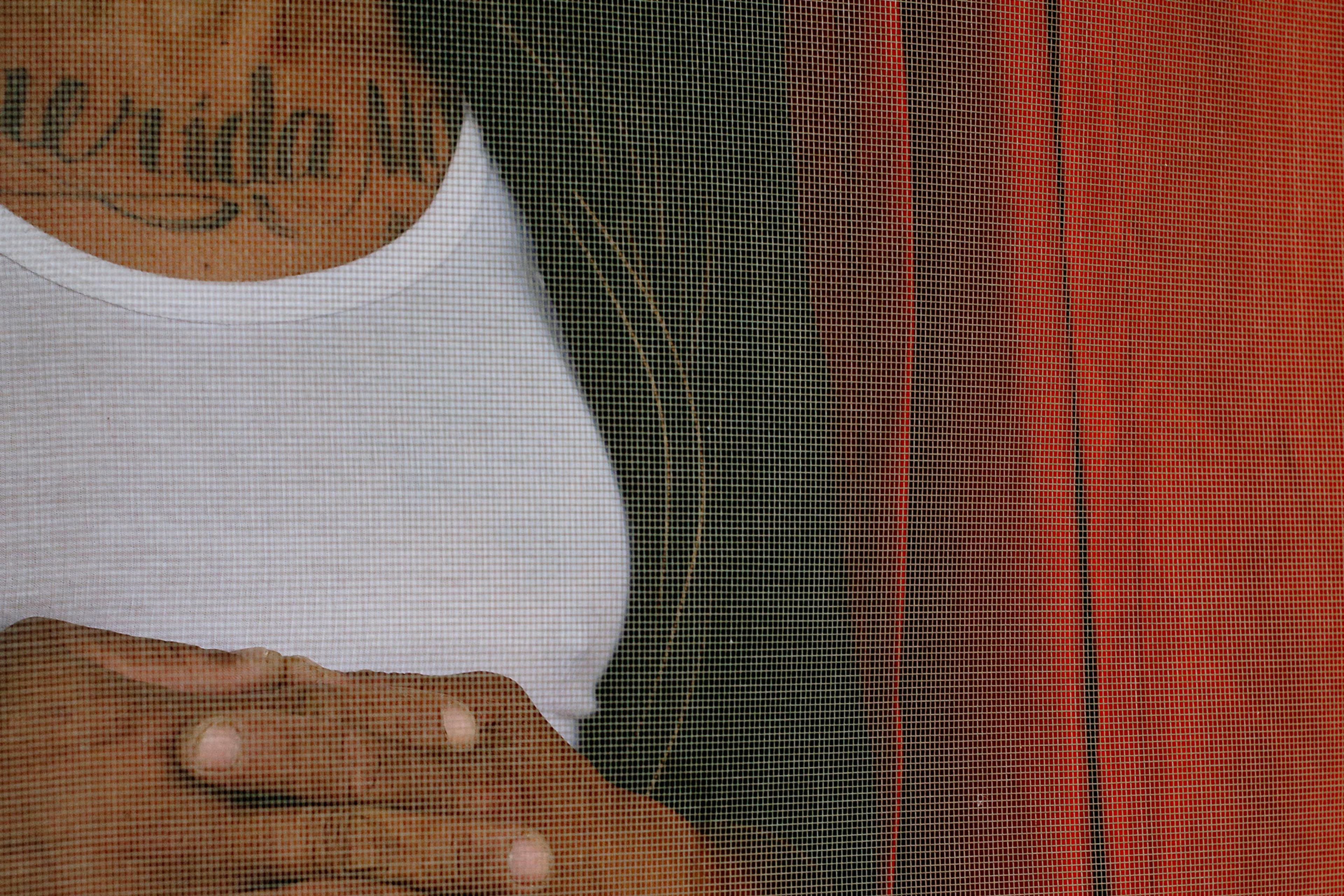
Restorative justice fits human nature more than retribution does
As recognised by ancestral wisdom and Indigenous practices, our need to repair relationships is a deep-rooted instinct
by Flavia Corso

The medieval notion that shows why even experts should be humble
Nicholas of Cusa and others saw the importance of ‘learned ignorance’ or recognising there is always something more to learn
by Christopher M Bellitto
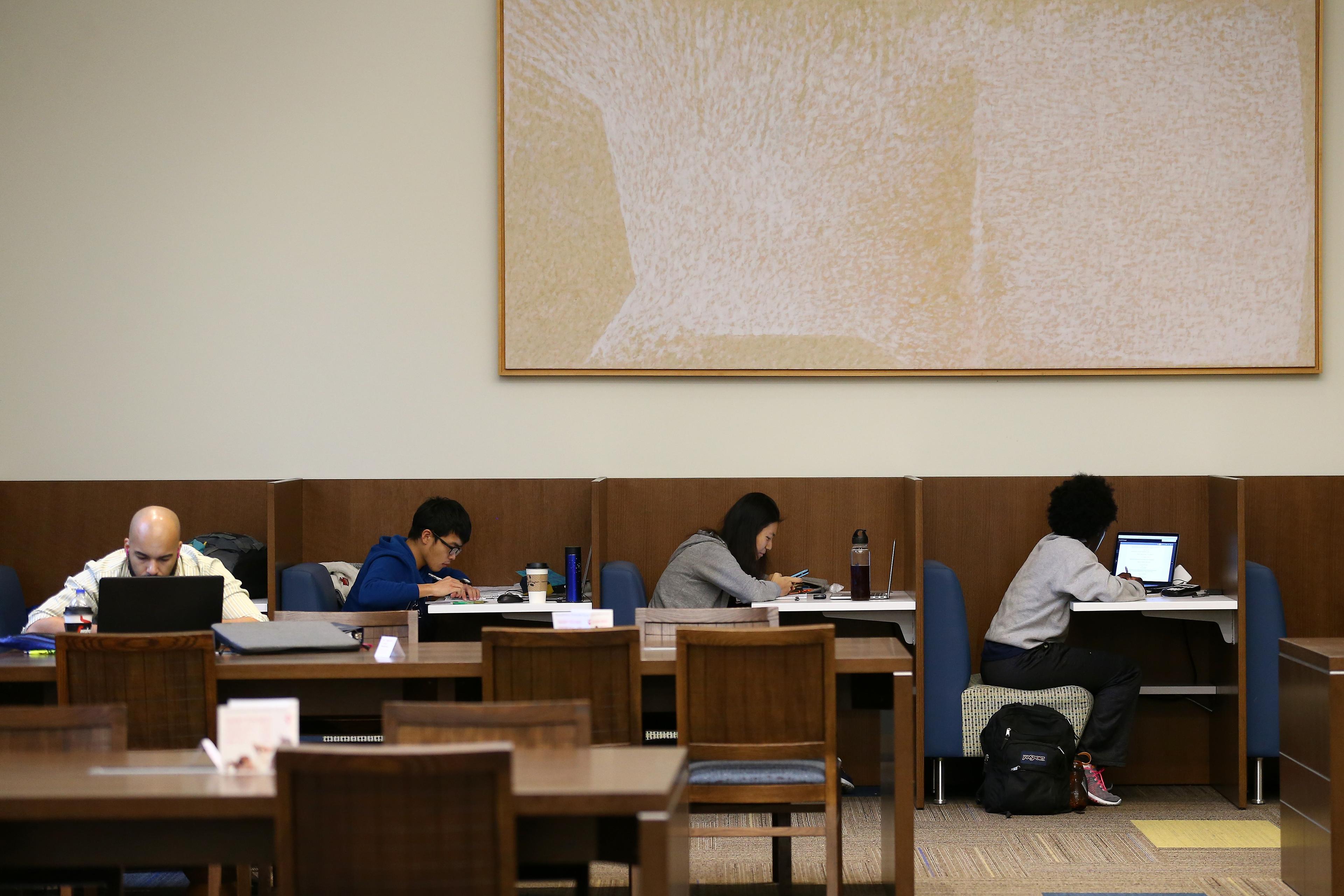
Why so many plagiarists are in denial about what they did wrong
So often people claim ‘I didn’t mean to’, yet they fail to realise that plagiarism is more like speeding than theft
by Philip Reed